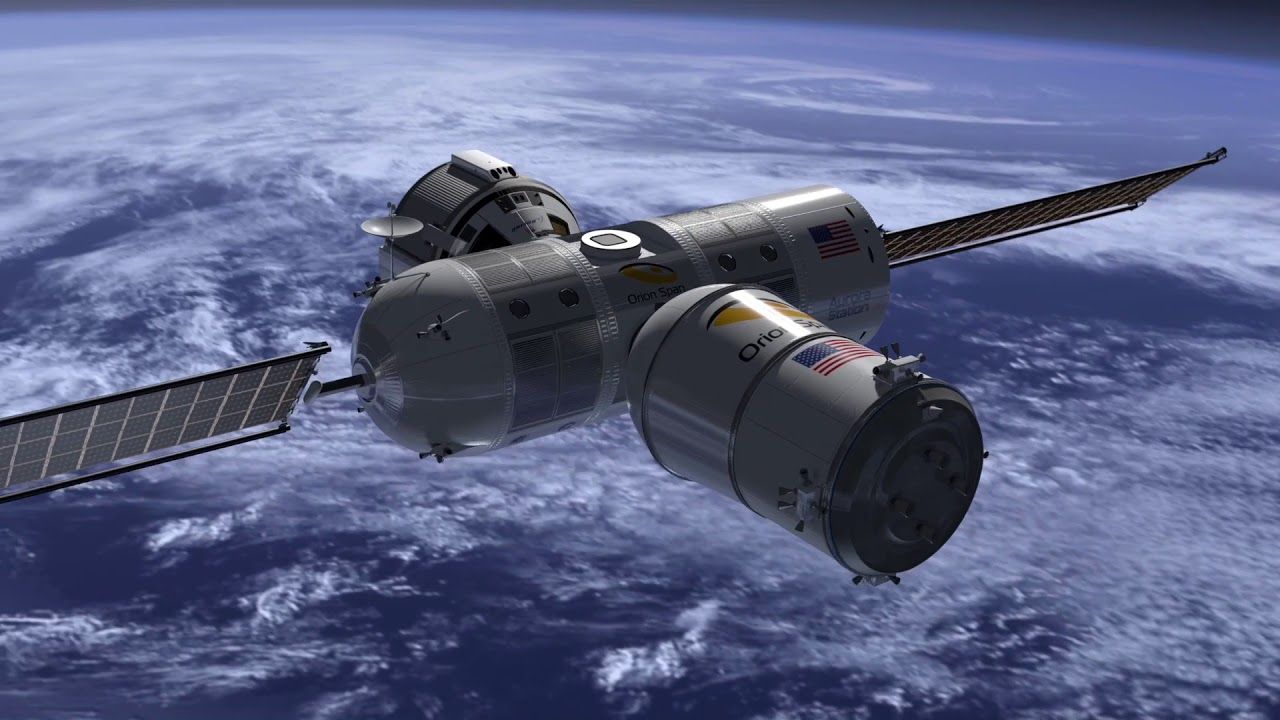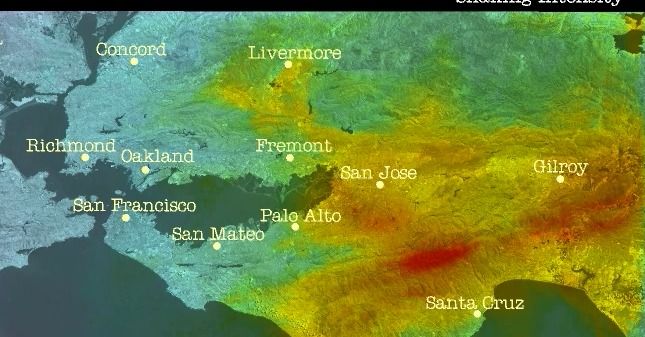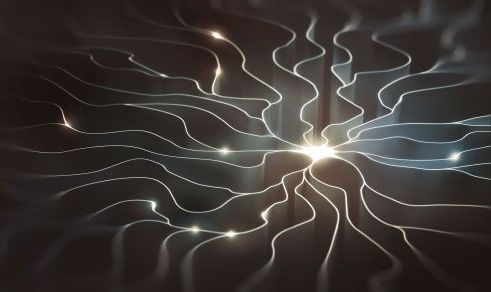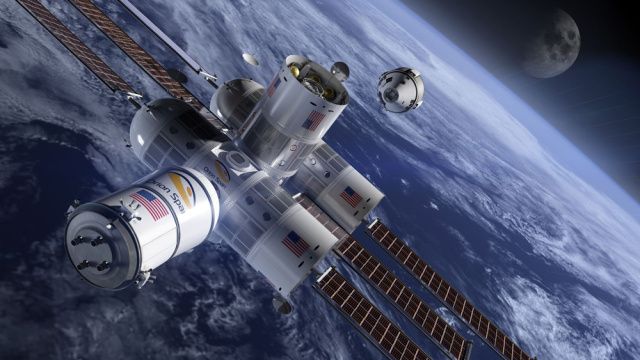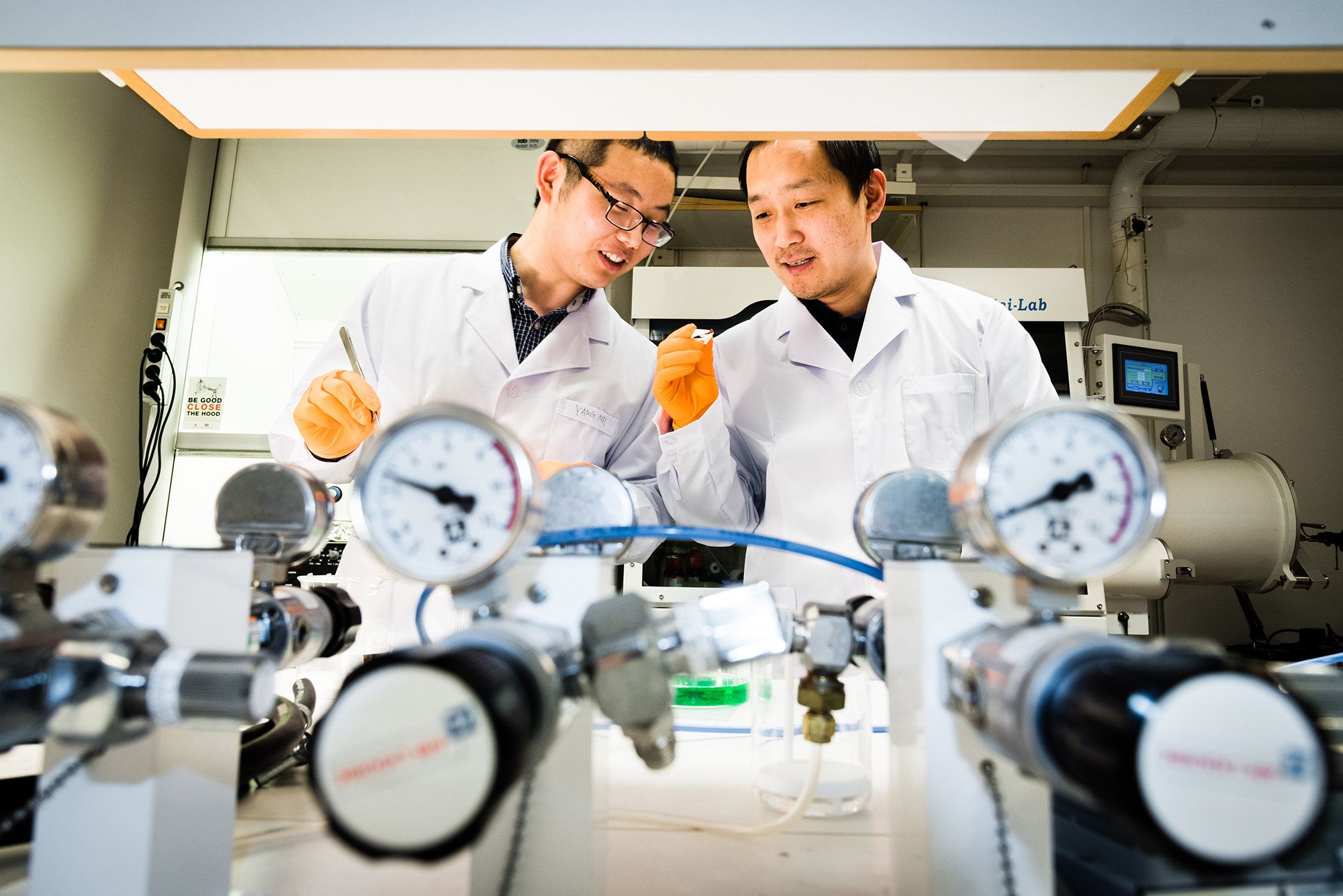
Researchers have taken a step toward manufacturing solar cells from lead-free perovskites. High-quality films based on double perovskites, which show promising photovoltaic properties, have been developed in collaboration between Linköping University, Sweden, and Nanyang Technological University in Singapore.
Research groups around the world are pursuing the potential of perovskites as one of the most promising materials for the development of cheap, environmentally friendly and efficient solar cells. In just a few years, the power conversion efficiency has increased from a few percent to over 22 percent. The perovskites currently available for use in solar cells, however, contain lead, and Feng Gao, senior lecturer at LiU, was appointed in the autumn of 2017 as Wallenberg Academy Fellow to develop lead-free double perovskites, in which a monovalent metal and a trivalent metal replace the divalent lead.
In the laboratory at the Division of Biomolecular and Organic Electronics, LiU, postdoc researchers Weihua Ning and Feng Wang have successfully manufactured single-layer thin films of densely packed crystals of double perovskites. The films are of extremely high quality and can be used as the active layer in solar cells, in which sunlight is absorbed and charge carriers created.
Continue reading “Double perovskites in environmentally friendly solar cells” »
